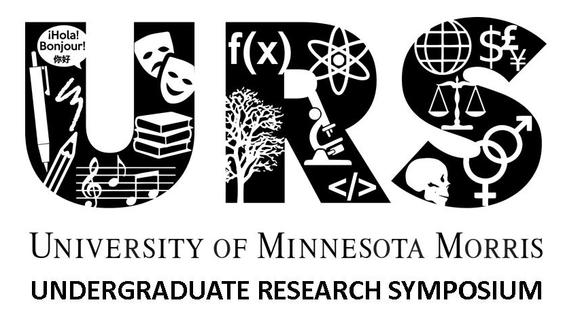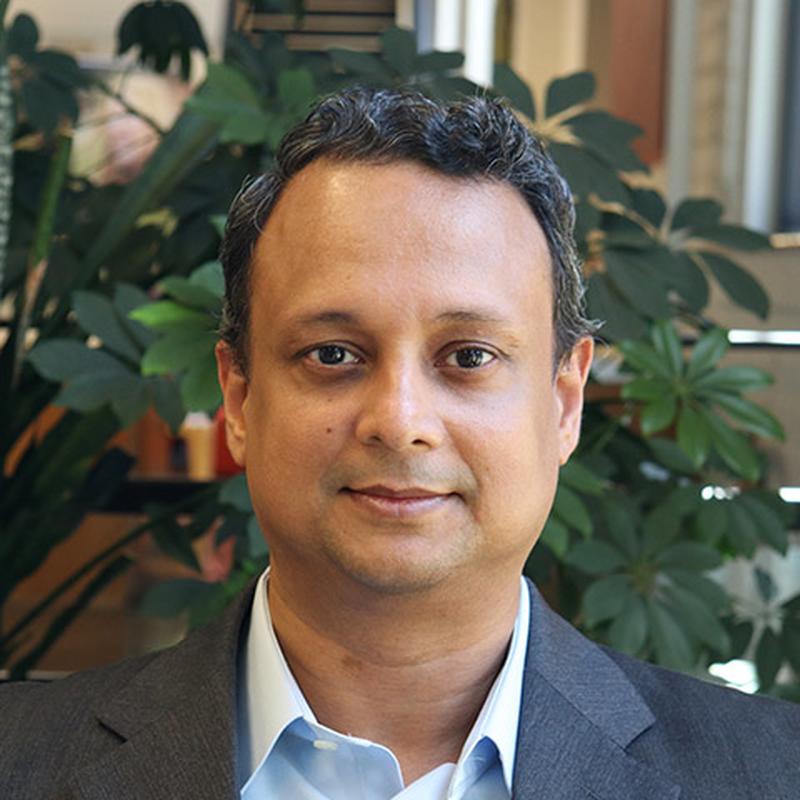
The Undergraduate Research Symposium (URS) offers students an opportunity to present research plus scholarly and creative work.
Types of presentations include posters, oral presentations, and short or abbreviated theatrical, dance, or musical performances.
Participating in the Undergraduate Research Symposium
There are many ways students can share their research, including:
- presentations or posters of completed research (finished within the last year)
- a “works in progress” option for extensive projects and longer papers not-yet-finished, but “far along”;
- a “capstone” category for those kinds of particular works that function to fulfill degree requirements but may also be presentable to a general audience;
- a submitted panel option, which could include several projects related to a clearly defined topic or theme;
- a faculty/ staff and student research team report (e.g., for MAP projects)
- a “sophomore spotlight” to highlight the work of younger scholar-students
Resources
+
Presentation Tips
General Remarks
Where appropriate, it is helpful to answer these simple questions early in the presentation:
- What did you do?
- Why did you do it?
- Where did you do it?
- How did you do it?
- What did you find?
Remember, the nature of your research and your motivation for doing it may not be clear to your audience, and if it is not they may not be too interested in the rest. Also remember that most of the audience will not be knowledgeable in your field, so avoid jargon, acronyms, and the like. If you must use technical terms, define them.
If you decide to make a poster
Poster presentations are designed to convey information graphically through the use of illustrations, photographs, graphs, tables, and charts. Text should be minimized for maximum impact on your audience, i.e. do not simply enlarge written material and "post it"! Although sometimes necessary, virtually no one will read lengthy sections of formal text. Consider outlining or emboldening the main elements. A person casually "reading" your poster should be able to identify the salient points of your research without reading too intently. Omit the details of experimental procedures, research methodologies, data analyses, and so forth that require complicated and lengthy explanations. These details can be relegated to verbal discussions with those interested.
Your poster should be logically organized with the appropriate sections (e.g., introduction, methods, results...) clearly distinguished. Design your poster to “flow”; that is, the reader should know where it begins, and how to proceed to the end in the correct order. Numbers on different panels or arrows are but two ways to guide your audience. When present, the author might ask to take the reader through the presentation.
+
Presentation Format
Oral and Performance
Each presentation is allotted 15 minutes for the presenter with an additional 5 minutes for questions. Time allotment will be strictly enforced to maintain the Symposium schedule. Concurrent sessions will be on the same schedule.
Posters
Posters are an excellent way to efficiently present your work and discuss it one-on-one. The URS poster session and reception includes up to 30 posters from across all disciplines and caps off the event. During the poster session students should be available to answer questions and discuss their project.
Each poster is allotted 4’(H) x 3.5’ (W) space. Easels will be provided. Easels have an “open framework” that is not suitable for hanging individual pieces of a poster. Although large, single sheets can be pinned to the easel, if you have smaller pieces, you’ll need to provide your own poster board. Presenters are required to be present at their poster for 30 minutes.
Making a good poster requires some thought.
Contact(s)

